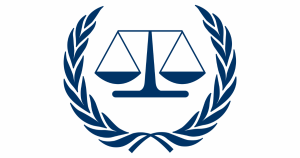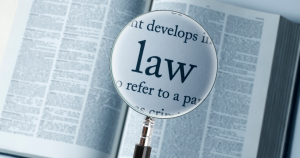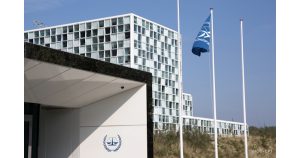The Special Court for Sierra Leone (SCSL) today handed down its judgment against former Liberian President Charles Taylor, whose case began on 4 June 2007 in The Hague. He was found guilty of having “aided and abetted” war crimes, crimes against humanity, and other serious violations of international law for his role in supporting Sierra Leonean rebel groups during that country’s armed conflict.
Statement by Alison Smith, Legal Counsel of No Peace Without Justice:
“No Peace Without Justice (NPWJ) and the Nonviolent Radical Party, Transnational and Transparty (NRPTT) applaud today’s judgment of the Special Court of Sierra Leone (SCSL) as an historic step in the accountability process for the people of Sierra Leone and for international criminal justice world-wide, being Charles Taylor the first former head of state judged by an international tribunal since the Second World War and the Nuremburg trials.
“Today’s decision, that we have all been waiting for since its indictment in 2003, sends a deterrent and unequivocal message to all highest-level leaders who are accused of committing serious crimes in violation of international law: nobody is above the law, and everybody is equal before the law, no exceptions allowed.
“Much of what was acknowledged by today’s verdict is mirrored by NPWJ’s findings in its Conflict Mapping program in Sierra Leone conducted in 2000-2004, where the analysis of records gathered from key persons throughout Sierra Leone demonstrated very clearly that the campaign of terror and atrocities undertaken by the Revolutionary United Front (RUF) in the country were directed and supported by Liberia’s President Charles Taylor, both before and after his Presidency. This chronological and geographical mapping of the conflict provided to the Special Court prima facie accountability for violations of international humanitarian law. In the RUF case, ‘the Chamber has accepted and relied on various reports from non-governmental organisations (“NGOs”), as well as the United Nations. In particular, the UN Human Rights Reports and the “No Peace Without Justice” (“NPWJ”) Report were found to be reliable and useful. The Chamber has used these reports in order to provide further understanding of the background to or context of the conflict, as well as to make general findings’.
“As we have said consistently since the idea was first raised, the transfer of Charles Taylor to the Hague may have seemed to defeat the object and purpose of the Special Court of Sierra Leone. Sierra Leone had the foresight to ensure that the Court would be set up in Freetown, in the country where the crimes were committed, as well as to conduct a robust outreach and public information program, so that justice be done, and be seen to be done, by and for the people of Sierra Leone. Despite these reservations, today’s judgment is an important step in Sierra Leone’s long road towards achieving accountability for the horrors of the past and we look forward to seeing justice also being done for the crimes committed in Liberia”.
For further information, contact Alison Smith on asmith@npwj.org or +32-2-548-3912 or Nicola Giovannini on ngiovannini@npwj.org or +32-2-548-3915.
No Peace Without Justice and Sierra Leone
NPWJ has a long standing commitment to Sierra Leone and has had a significant presence in the country from 2000 to 2004 with a wide-ranging program designed to contribute to the accountability process for violations of international criminal law. The Sierra Leone program has contributed to the establishment and functioning of the Special Court for Sierra Leone and to strengthening the ability of Sierra Leonean society to address violations of human rights and humanitarian law. Its aim was to increase awareness and capacity on human rights and humanitarian law norms within the Sierra Leone Government and other local stakeholders, including legal professionals, civil society and the population at large, so as to enable them to participate in and influence the processes for re-establishing and maintaining the rule of law, peace and stability.




